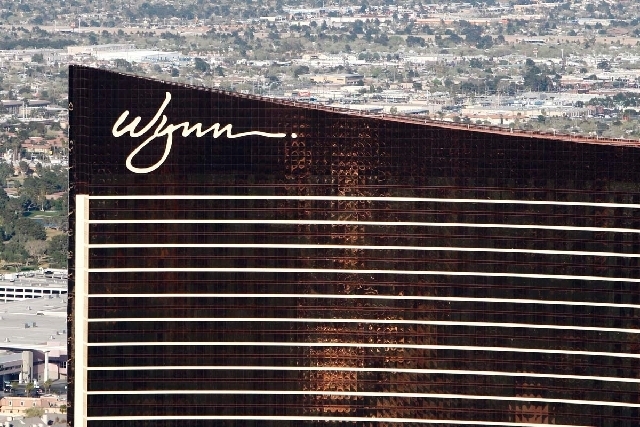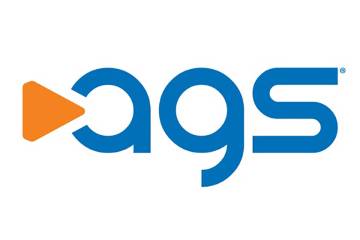Nevada high court weighs Wynn tip-sharing policy
The legal team representing dealers fighting Wynn Resorts Ltd.’s tip-pooling policy ran into skeptical questioning as the long-running dispute came before the Nevada Supreme Court on Wednesday.
The company and the employees that fall under the class action lawsuit have been clashing since the policy went into effect in September 2006 — just more than a year after Wynn Las Vegas opened — requiring dealers to share their tips with box people at the craps tables and what are called customer service team leaders, who track players, help with lines of credit, address casino-floor disputes and act as concierges.
Tip pooling has long been legal as long as the company does not tap the money for its “direct benefit.”
Wynn had won most of the most the battles, including a 2010 ruling by then Nevada Labor Commissioner Michael Tanchek that validated the tip-pooling system. Last year, however, Clark County District Judge Kenneth Cory sided with the dealers in holding that Wynn improperly benefited from the tip pooling essentially by giving supervisors a raise using the tips.
In court papers appealing the decision, Wynn said the tip pooling, backed by the commissioner’s opinion, did not boost the company financially or allow it to cut pay for the two groups of employees in return for tips.
The case drew unusually high interest — about a dozen pro-dealer pickets carried Transport Workers Union Local 721 signs outside the Regional Justice Center in downtown Las Vegas. Wynn has signed a collective bargaining agreement with the union.
Company Chairman and CEO Steve Wynn attended arguments but did not comment afterward.
Given the issue’s importance, the justices allocated one hour for the attorneys; by contrast, the other four cases on Wednesday’s calendar averaged 30 minutes each.
About a dozen labor unions, social groups, elected and government officials and business groups also weighed in with their support for either side.
The justices will rule in the next few months.
Justice Michael Cherry cited papers filed by the Culinary union that predicted tip-pooling cases “will become big business” for the courts if judges start to jump into interpreting them. In this instance, replied dealers attorney Leon Greenberg, Culinary was just taking its position on Wynn’s behalf.
Justice Nancy Saitta noted that she was “admittedly having a hard time” seeing how Wynn Resorts benefited from tip pooling.
The answer, said Greenberg, was that tip pooling raised the pay of the supervisory positions from about $60,000 a year. By contrast, Wynn dealers make about $90,000 a year including tips.
In court papers, Wynn cited the gap between supervisors and dealers as a reason to institute the tip pool, which continues today. Also, the company said people have resisted moving into supervisory roles because of the pay cut.
However, Greenberg proposed that tip pooling be based on the concept that “the economic benefit remaining with the people who provide the service for which the customer gave the tip.” That would mean dealers that players liked, while a tip to a customer service worker who landed show tickets would fall in a separate bucket.
Wynn, however, sees tip pooling as rewarding people who contribute to the customer experience.
The current law and the years-old precedents that interpret it “have withstood the test of time with remarkably little litigation,” said Wynn attorney Eugene Scalia, son of U.S. Supreme Court Justice Antonin Scalia.
Contact reporter Tim O’Reiley at
toreiley@reviewjournal.com or 702-387-5290.




























